7 October for 123 Days
Juliet Moses
7 February 2024
It has been October 7 for 123 days now. 123 days that our fathers, mothers, sons, daughters, brothers and sisters have been stolen from us and held, battered and brutalised bargaining chips, in a subterranean hundreds of miles long network under Gaza. 123 days that our hearts have been taken hostage and plunged into darkness and despair.
We are a tiny people. There are only maybe 16 million of us in the world. We all know someone who knows someone who knows someone who is a hostage, and sometimes even closer than that. My Israeli friend’s friend is the mother of Hersh Goldberg-Polin, an Israeli American taken hostage at the Nova music festival. You’ve probably seen the footage of him pulling himself into the bed of a truck at gunpoint, moments after Hamas terrorists blew off part of his arm, with the bone protruding. You’ve probably seen his mother in interviews and at the UN, begging for some outrage, begging for help, neither of which has materialised in the way that it should have, if there was any fairness, any willingness to value life or uphold dignity equally, or any commitment to moral brightlines that should never be crossed.
Instead, in NZ, we have had numerous protests calling for a ceasefire where the hostages are never mentioned. We have had countless open letters calling for ceasefires, from all sorts of professional organisations and groups – psychologists, Maori doctors, sociologists, anthropologists, artists, who have never commented on a geopolitical issue, a foreign humanitarian crisis or war before, who do so now but do not mention our hostages.
76 members of my own profession, the legal profession, who are supposed to be committed to upholding the rule of law, signed a letter calling for a ceasefire in December, without one call to release the hostages, the abduction of which is a grave breach of international humanitarian law.
Instead, we have people of influence in New Zealand, including academics, stating that October 7 was morally and legally justified resistance, while at the same time, denying and downplaying the atrocities that Hamas enacted, and even claiming that the hostages who have already thankfully been released have been well-treated, a grotesque perversion of the truth.
Let us also remember that the barbarians of October 7 took hostage those who they had already murdered, and as we devastatingly found out overnight, are holding hostage those who they have since murdered. I think of Tamir Adar, 38, a lover of nature and Maccabi Tel Aviv. His family had previously been told he was taken hostage, but discovered last month that he was killed on October 7 after leaving the family’s safe room and defending his kibbutz, Kibbutz Nir Oz. His body was abducted to Gaza and is still held there.
Tamir’s uncle Dr Yuval Bitton is an Israeli surgeon who was part of the team that performed life-saving surgery on Hamas leader Yahya Sinwar, the mastermind of October 7. The team removed a brain tumour while he was a prisoner in an Israeli jail, having orchestrated the abduction and murder of two soldiers.
Think about that and what it exemplifies. Sinwar’s savages slaughtered Tamir, whose uncle helped save Sinwar’s life, after he had had other Israelis murdered. Tamir’s uncle upheld the sanctity of life, as he was professionally bound to do. Tamir was defending his community and sacrificed his life for them, while Sinwar is cowering somewhere behind his community, and they are sacrificing their lives for him.
Sinwar sacrifices lives, we sanctify them.
It is a moral imperative for us to sanctify life and to keep raising our voices for the hostages who cannot be heard, and as the ICJ called for last month, to demand their immediate and unconditional release. As we remember our hostages, it is so easy to imagine them in despair and darkness, and to surrender to it ourselves, but in despair and darkness we must find moral courage.
As Elie Wiesel said:
“I know and I speak from experience, that even in the midst of darkness, it is possible to create light and share warmth with one another; that even on the edge of the abyss, it is possible to dream exalted dreams of compassion; that it is possible to be free and strengthen the ideals of freedom, even within prison walls; that even in exile, friendship becomes an anchor.”
Am Yisrael Chai.
Bring them home now.
Juliet Moses


